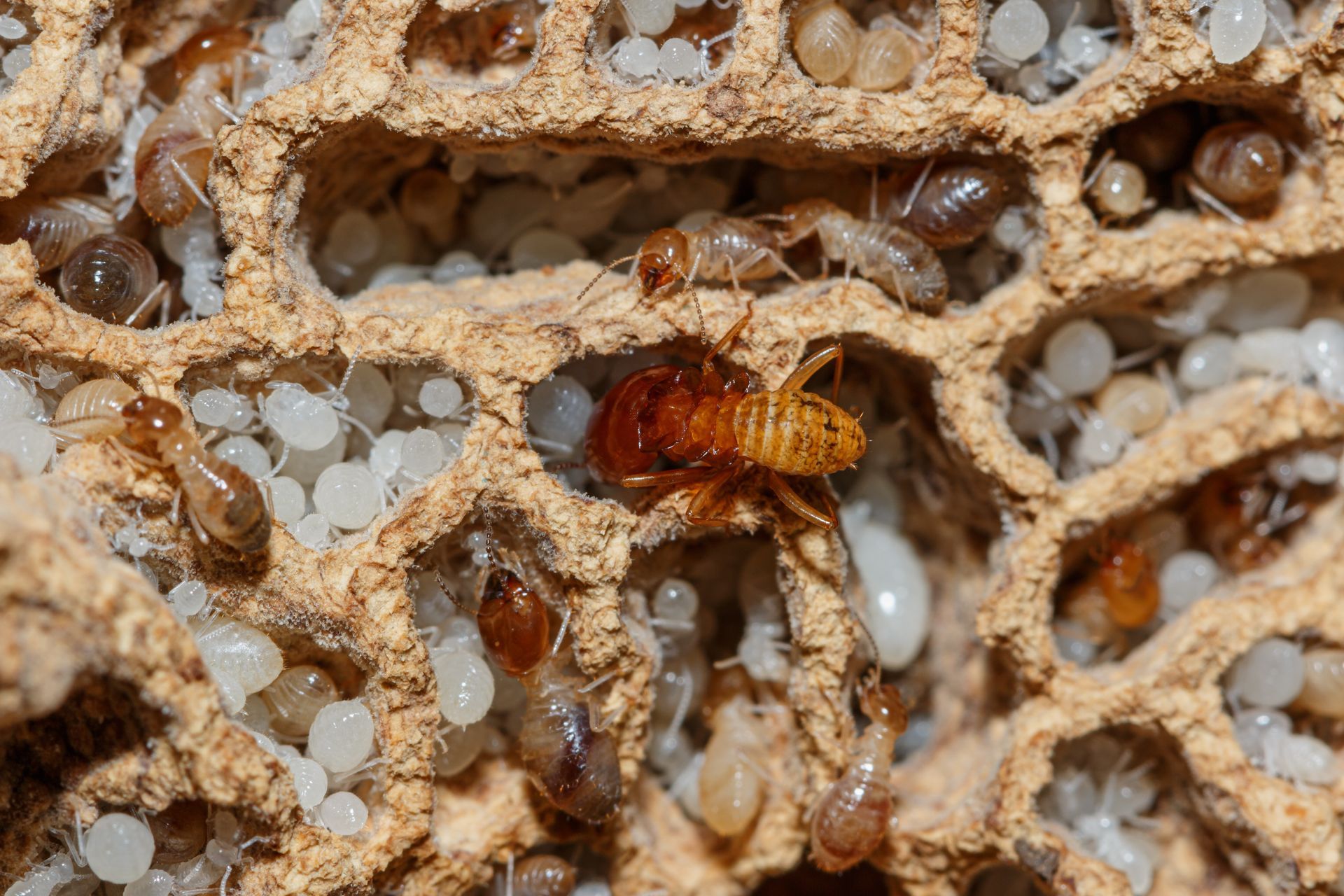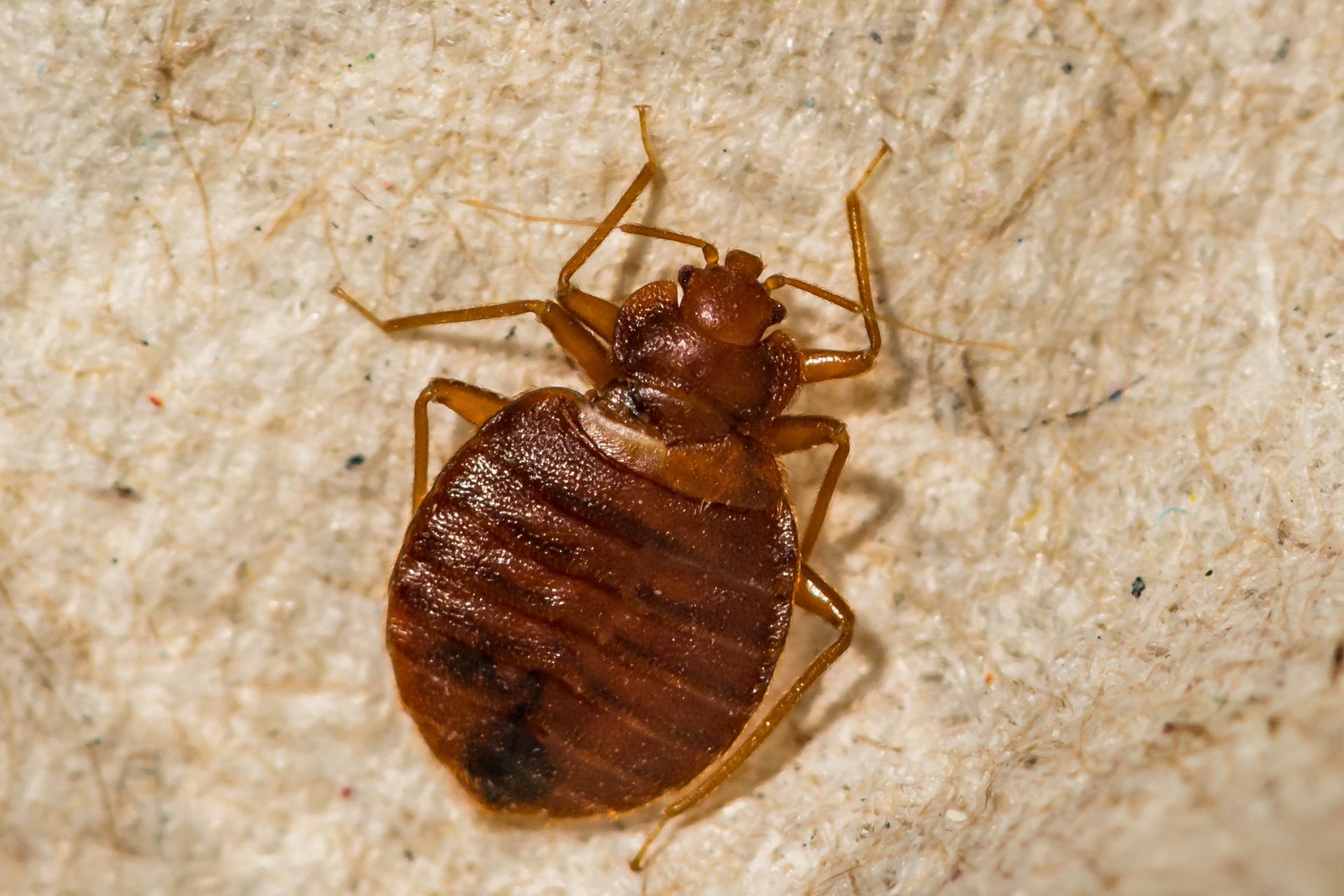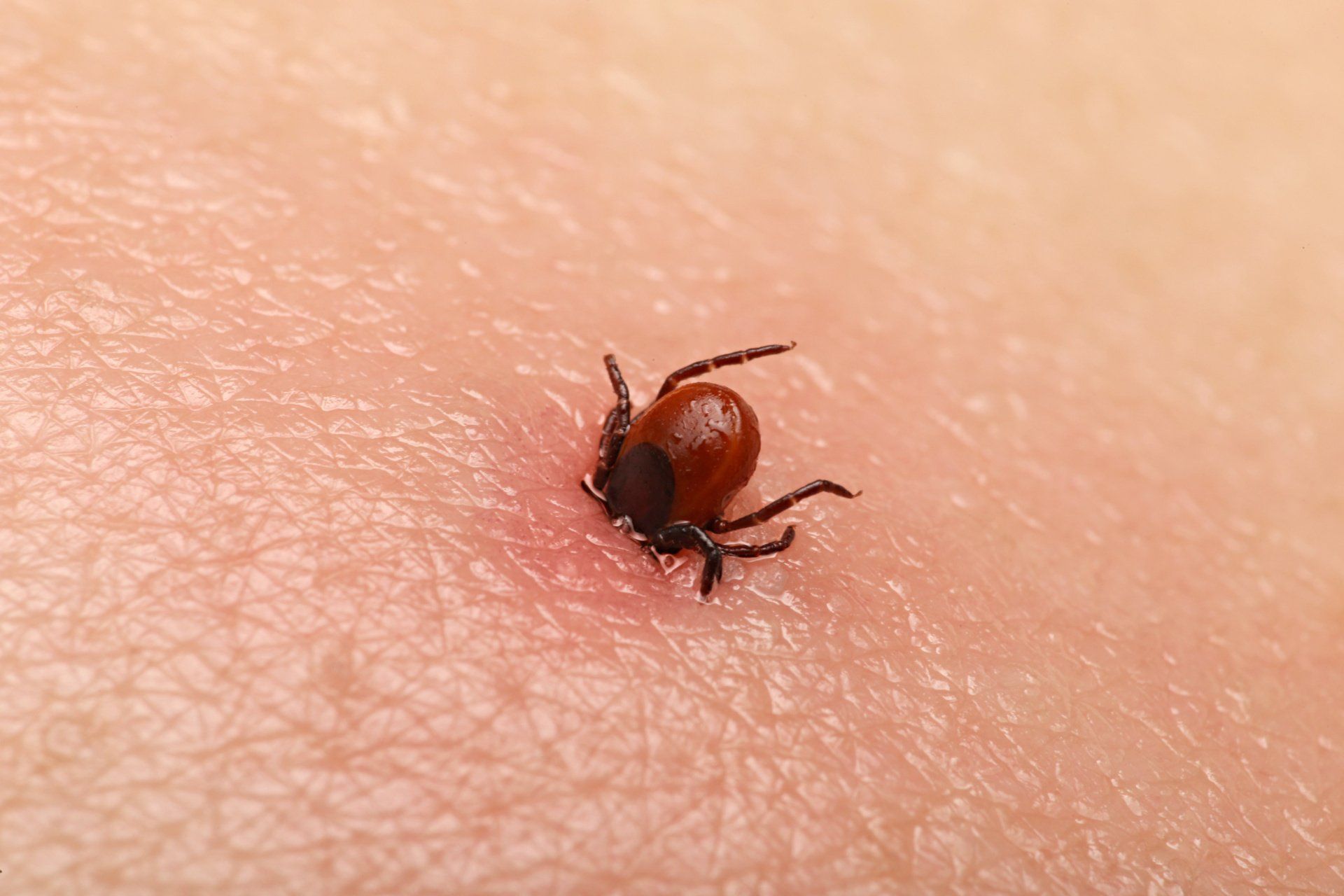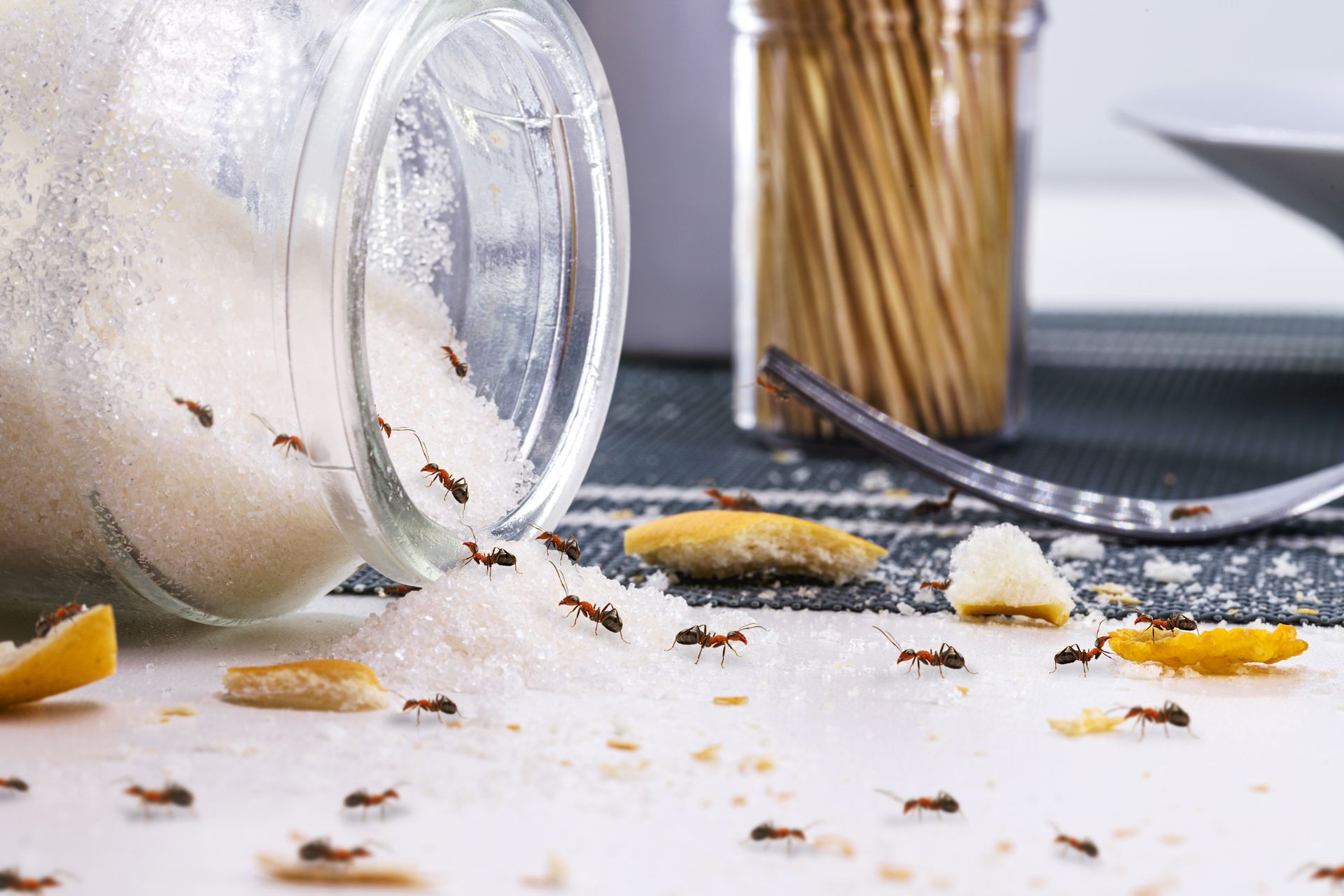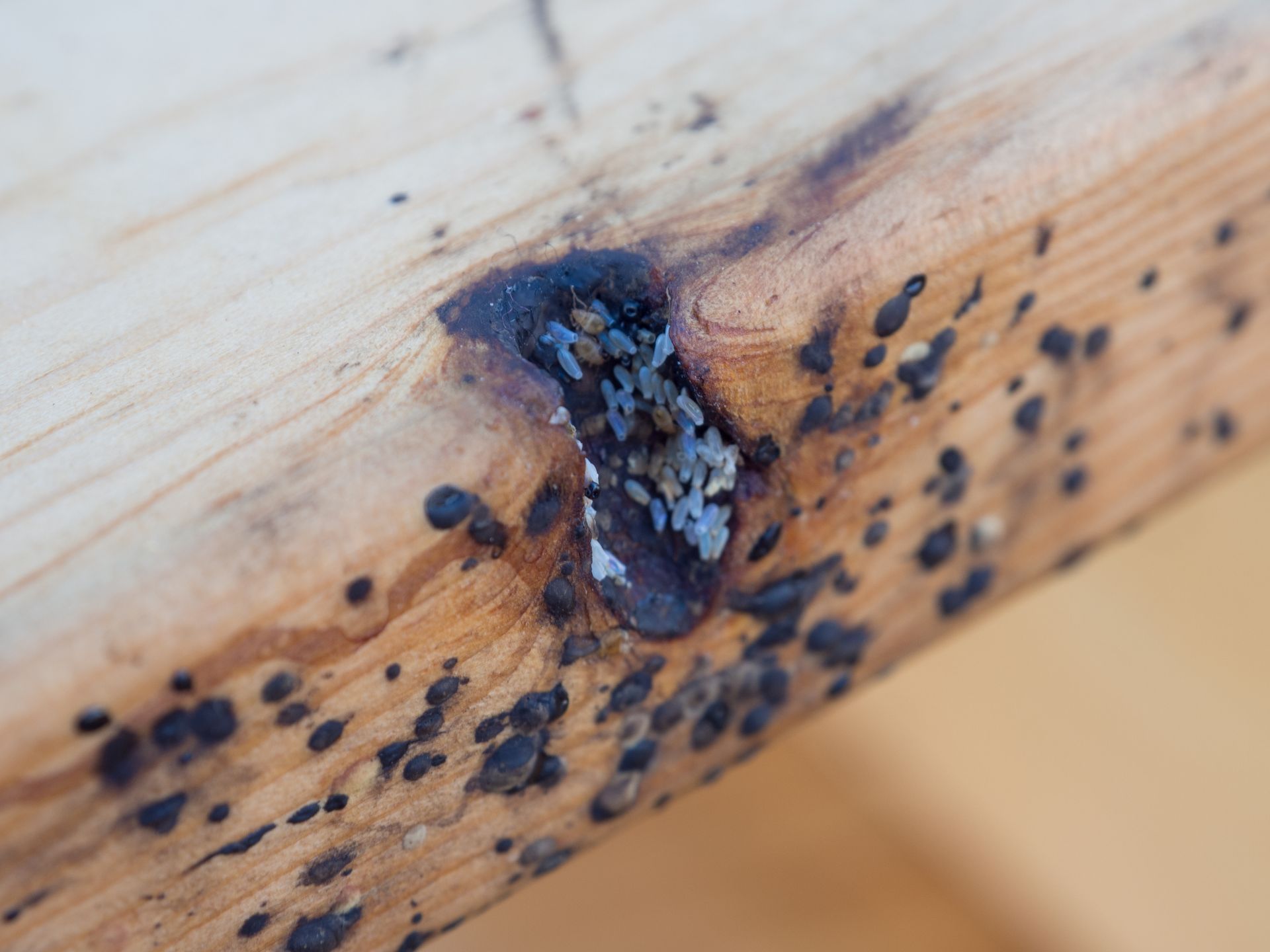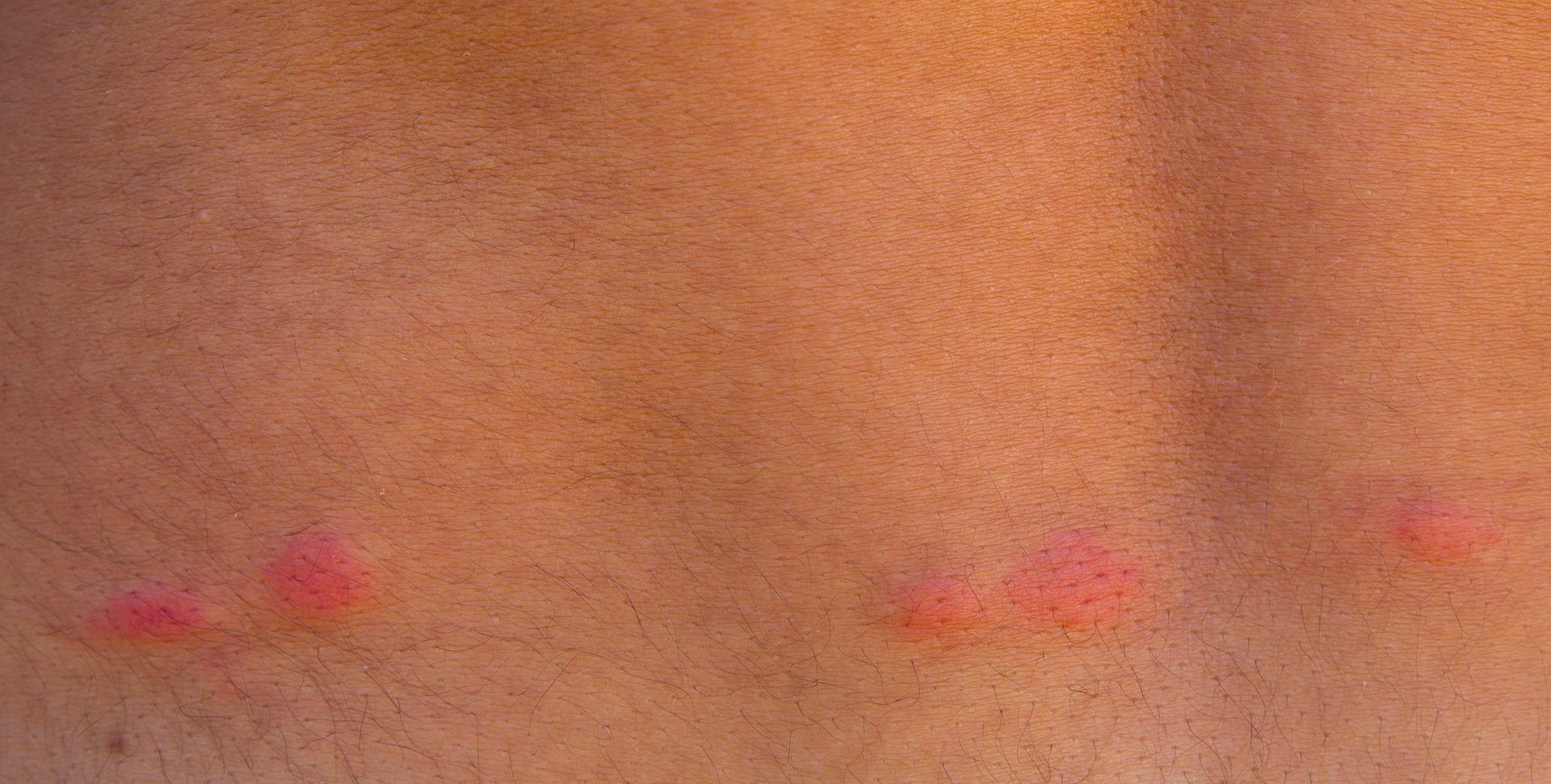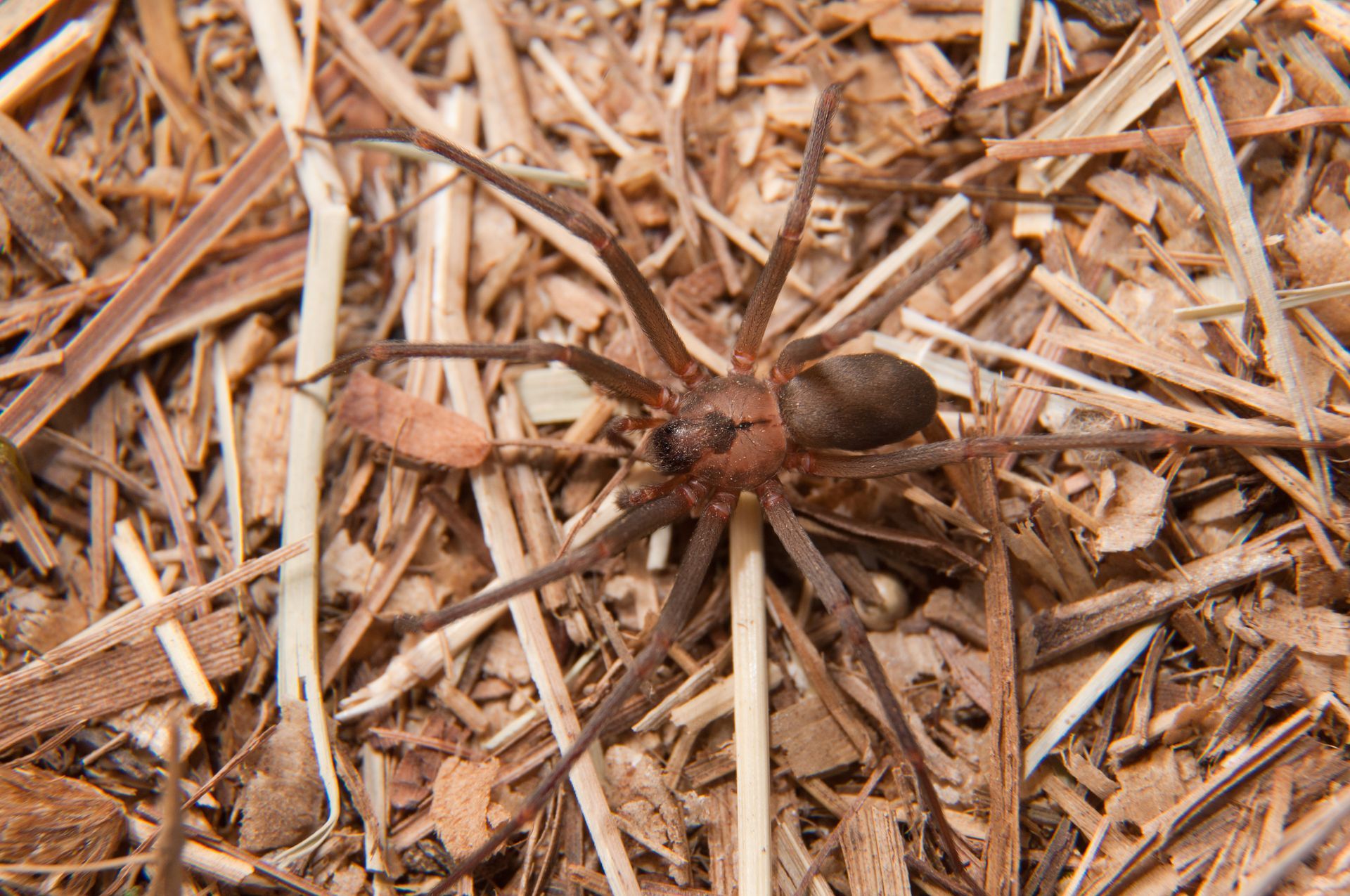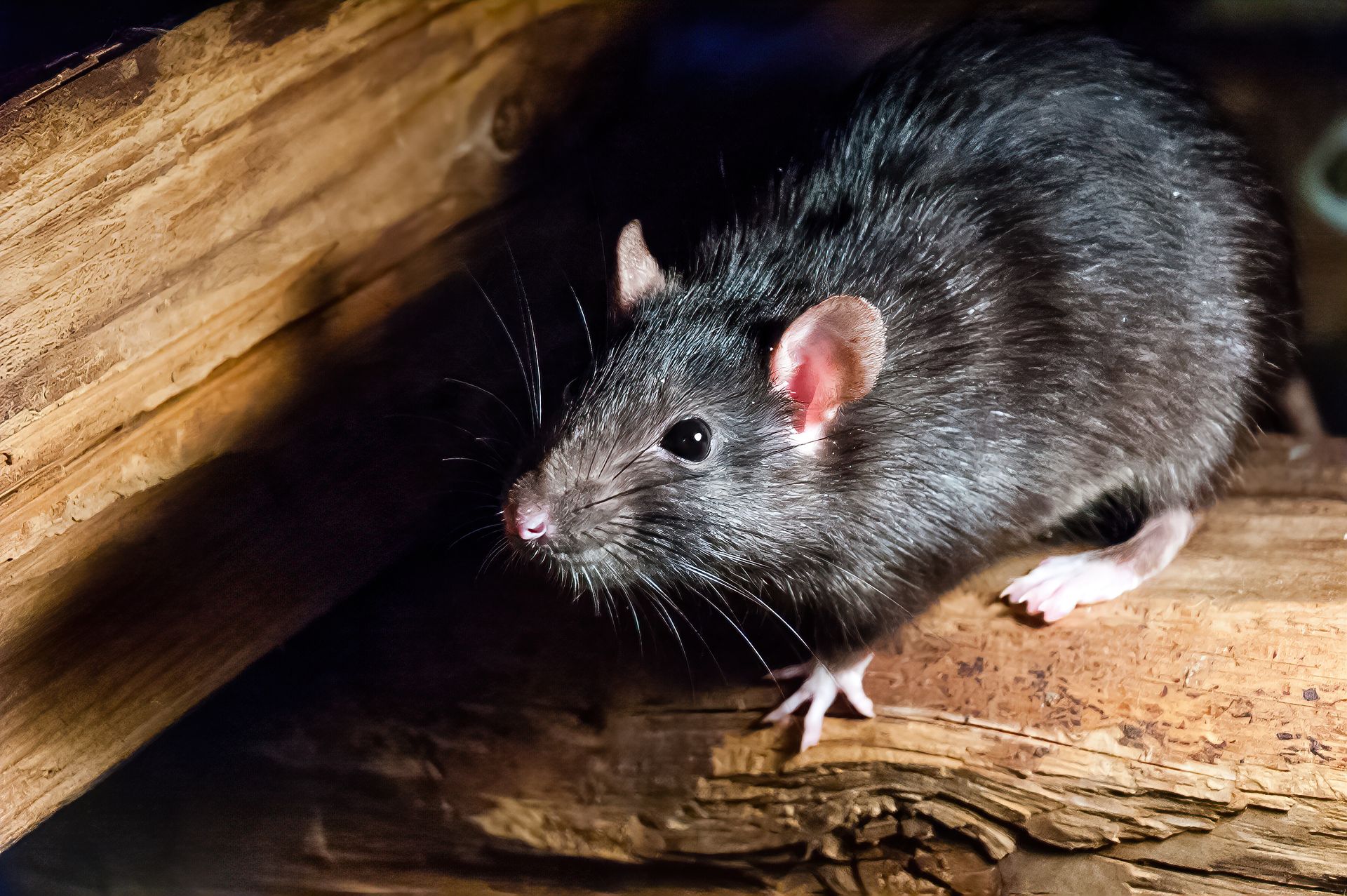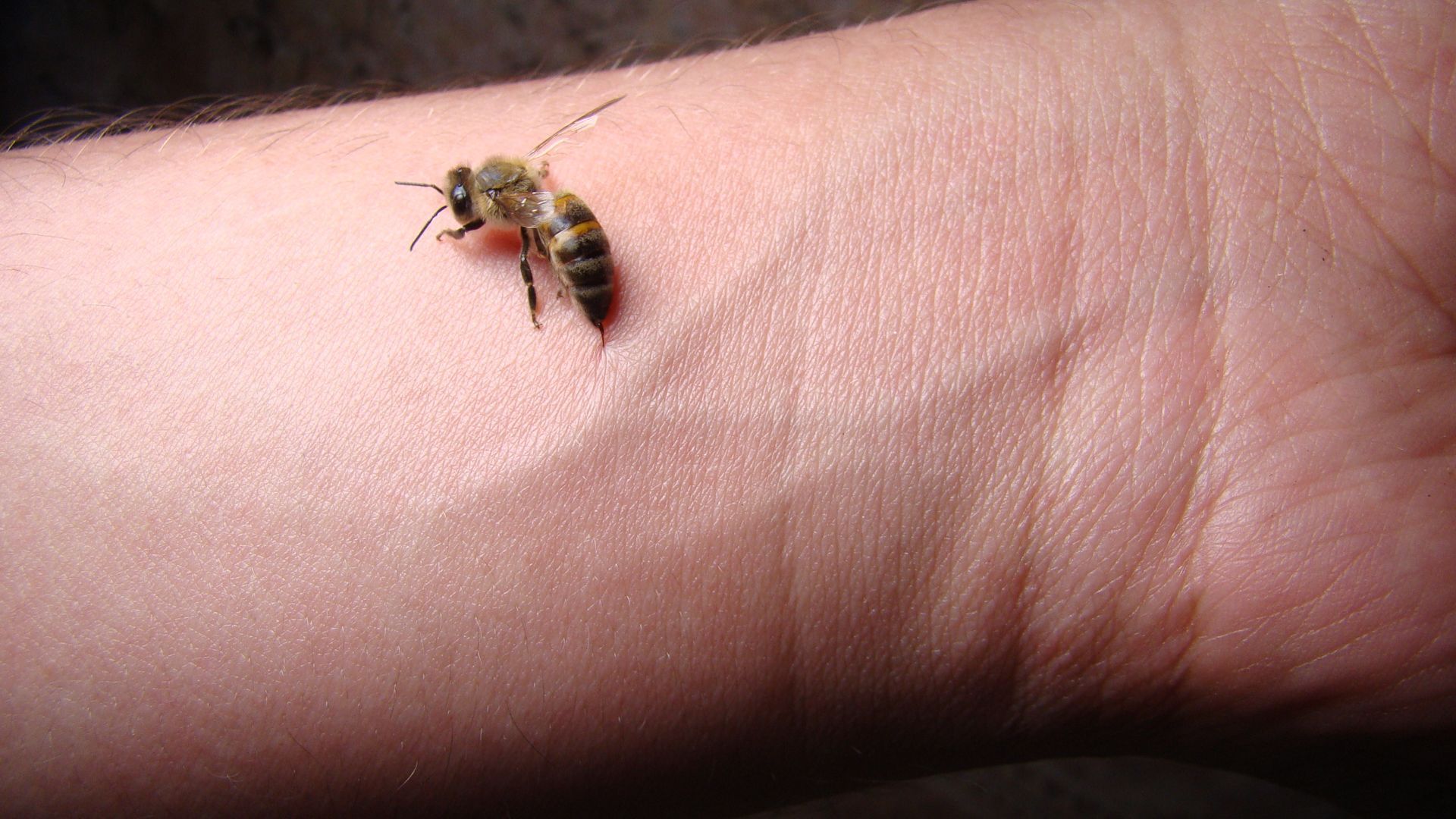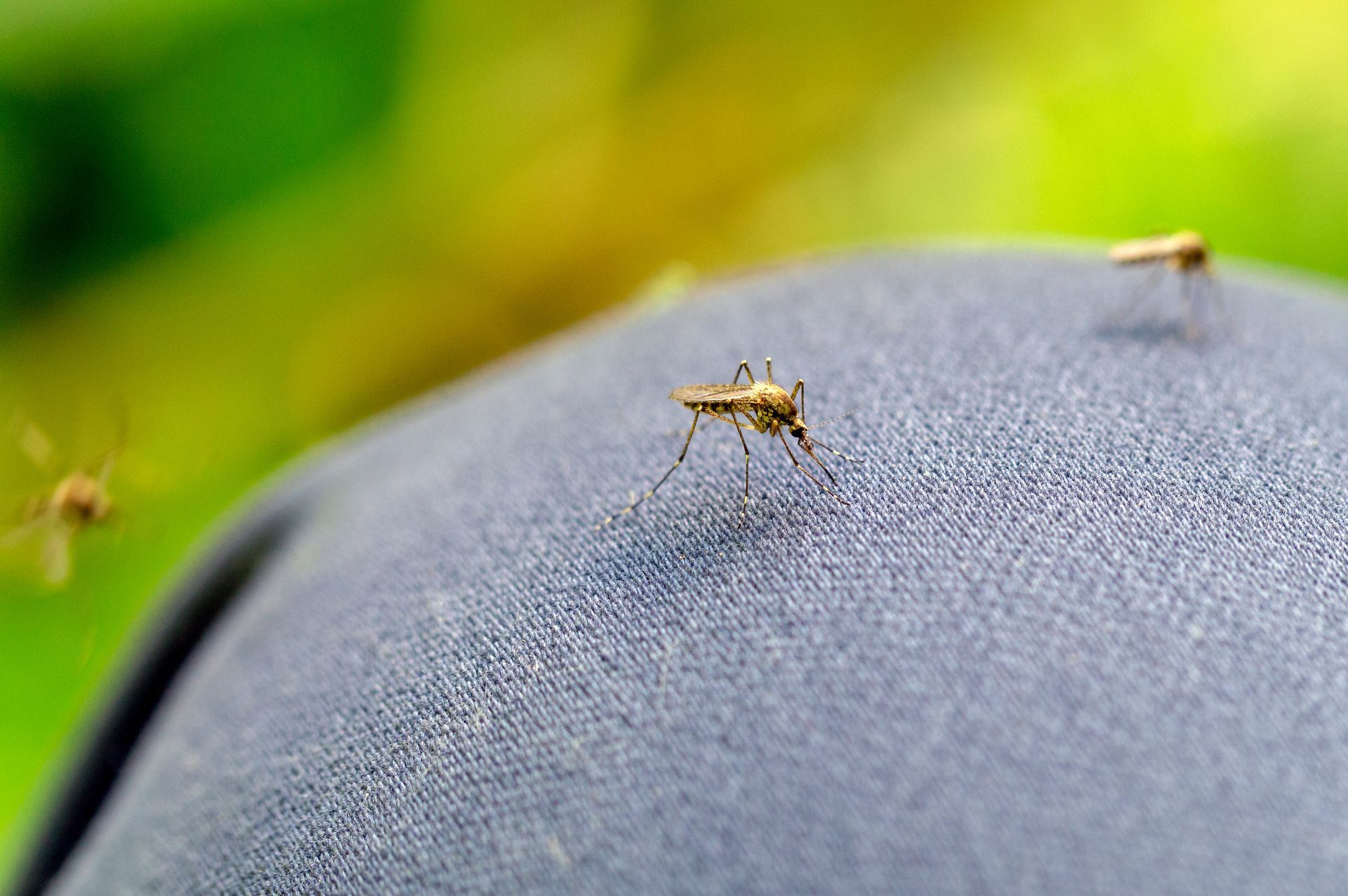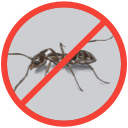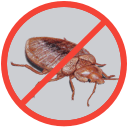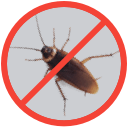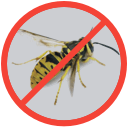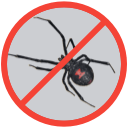What Are Effective Cockroach Repellents?
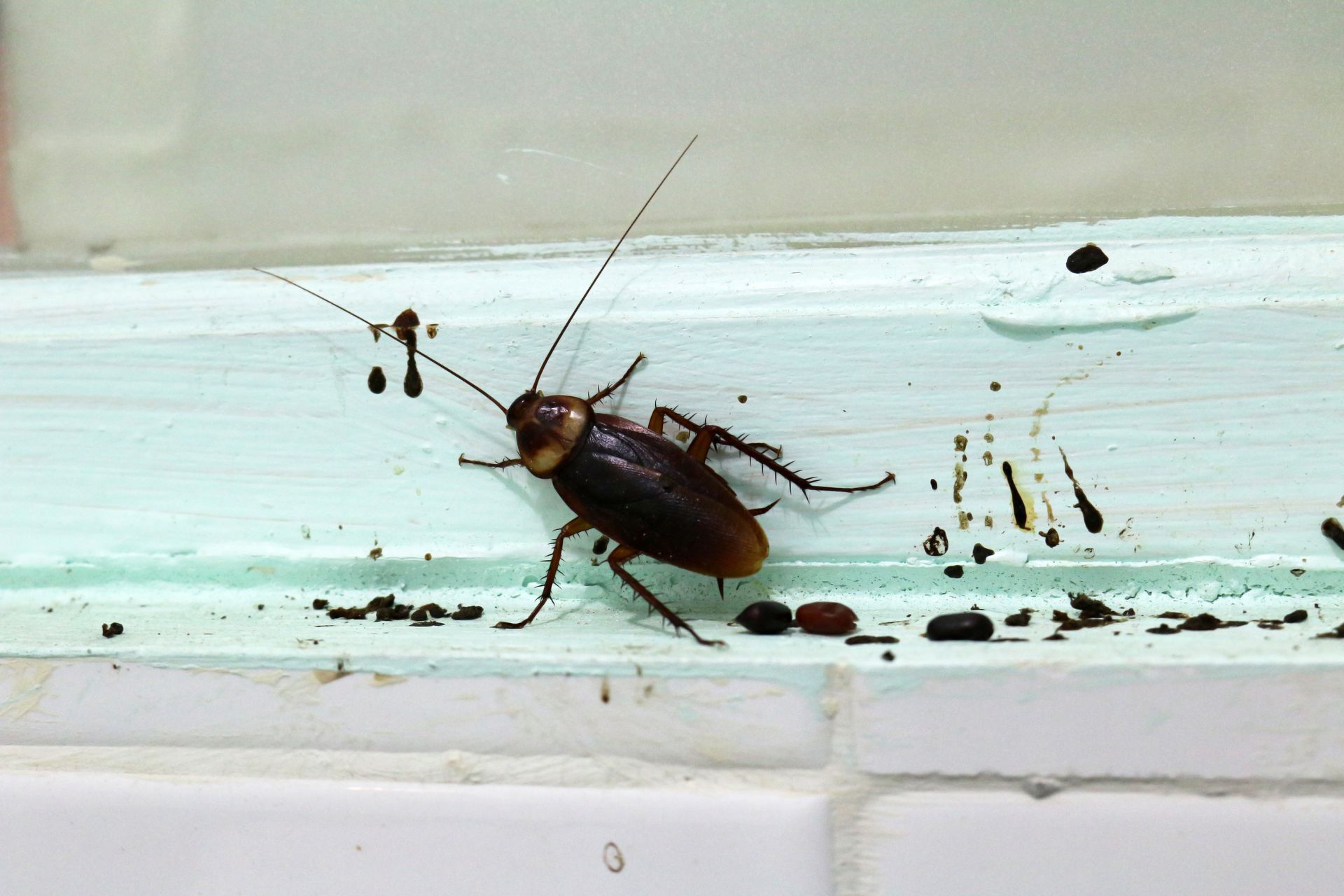
There are several natural cockroach repellents that can be effective for those seeking to deter cockroaches without the use of harsh chemicals. While severe infestations might need professional cockroach control treatment services, DIY solutions can be a viable option for minor occurrences. Various plants, spices, and herbs have been touted as natural cockroach repellents. It's essential to discern which of these methods are genuinely effective and which might be mere myths. Opting for natural solutions that are combined to increase efficacy can be both safe and efficient and ensure a roach-free environment without the worry of introducing potentially harmful substances into your living space.
What Do Cockroaches Hate?
Cockroaches are as old as time and have developed extremely strong senses that help them detect food, mates, and predators. However, they also have certain aversions due to their sensitive senses that can be used against them. While cockroaches are capable of adapting to just about any situation, the one consistent thing that can make them avoid an area is oversaturating a space with a scent they dislike. Due to cockroaches’ strong olfactory senses, they are sensitive to certain smells that can be overwhelming or painful to experience.
What Smells Repel Cockroaches?
Certain potent aromas are known to be effective in repelling cockroaches. Among these are various herbs, spices, plants, and essential oils which have all been identified as potential natural cockroach deterrents. While some home remedies might be more effective than others, it's crucial to discern and utilize the most potent scents to ensure a roach-free environment without resorting to chemicals.
Essential Oils to Repel Cockroaches
Essential oils are primarily used for their aromatic properties in human relaxation and rejuvenation, but they have been anecdotally cited as effective cockroach repellents. Although there's a lack of scientific studies that confirm their efficacy against roaches, numerous personal accounts suggest oils like peppermint, eucalyptus, and cedar can deter these pests. Several essential oils emit strong fragrances that can be overpowering for lots of insects which make them potential repellents. However, their effectiveness may vary with cockroaches braving the scent when driven by hunger. Given the variability in individual responses, it's advisable to use essential oils in combination or alongside other repellent methods for optimal results.
Tea Tree Oil
Tea tree oil is frequently cited as an effective natural repellent against cockroaches. Many homeowners attest to its efficacy, noting that while its scent is tolerable for humans, cockroaches find it particularly abrasive and avoid it. Mixing a solution of a few drops of tea tree oil to a mix of 1 part vinegar with 4 parts water can make an effective cockroach deterring solution. When applied using a spray bottle to targeted areas, this mixture should deter cockroaches for a short period. This method is touted as effective by homeowners while also being a safer alternative to chemical-based pesticides.
Eucalyptus Oil
Eucalyptus oil is known for its pungent aroma and is often used as a natural repellent that is effective against several insects including cockroaches. Eucalyptus oil possesses properties that help fight off insects, fungi, and bacteria. The oil can be diluted with water or carrier oils like coconut or olive oil and applied to areas that have signs of roach activity. Cotton balls soaked in eucalyptus oil can also be strategically placed in areas prone to cockroach activity. The one limitation to this solution is that it may not be effective against severe infestations so for large infestations, consulting a professional pest control service is recommended.
Lavender Oil
Lavender oil is known for its ability to reduce stress in humans but what many don’t know is that it is believed to be an effective deterrent against cockroaches as well. While the science behind its efficacy hasn’t been substantiated, there are believers who swear by lavender essential oil as an effective cockroach deterrent. While these claims are purely anecdotal, there does appear to be some connection with lavender being able to mask other scents that may attract cockroaches. This ultimately doesn’t make it a repellent, but the scent is strong enough to cover up other scents like garbage and food that cockroaches might feed on. This versatile oil can be applied in multiple ways: sprayed directly onto surfaces, diffused in the air, or combined with other natural ingredients to craft homemade roach repellents. Its dual benefit of providing tranquility to humans while repelling pests makes it a favored choice for many homeowners.
Cypress or Peppermint Oil
Peppermint and cypress oils are frequently cited as potential natural repellents against cockroaches. While much of the evidence supporting their efficacy is anecdotal, there are some scientific indications that these oils can deter roaches. To utilize peppermint oil as a repellent, a common recommendation is to mix two parts water with one part white vinegar and add 10 drops of peppermint or cypress essential oil. Shake this mix up in a spray bottle then apply the mixture to areas frequented by cockroaches. Beyond their potential pest-repelling properties, both cypress and peppermint oils emit fresh and invigorating scents which can enhance the ambiance of a home even if their repellent efficacy is not fully realized.
Citronella Oil
Citronella oil is extracted from a specific grass type and has shown some promise as a roach repellent. Its strong scent is known to deter roaches and other insects like mosquitoes and gnats. Homeowners can either directly apply the oil to areas frequented by roaches for the most effective application or dilute it with water to create a DIY repellent spray. Citronella oil is non-toxic and safe for pets which makes it a preferred choice for many households.
Rosemary Oil
Rosemary oil is one of the few essential oils that are actually proven to be effective as a cockroach deterrent. Not only does the strong scent repel cockroaches, but rosemary oil also acts as a natural pesticide in high enough concentrations. Studies have shown a 100% cockroach mortality rate when concentrations of rosemary oil fell between 5% - 30%. Using this knowledge, an appropriate mix can be created in a spray bottle and applied to areas that have shown cockroach activity.
Oregano Oil
Oregano oil is another scientifically proven cockroach deterrent. Oregano oil has a strong spicy scent that is effective at driving cockroaches away because it disturbs their sensitive sense of smell. This oil is safe to use around food and food preparation areas so it can be applied throughout kitchens where cockroaches are most likely to be active. This oil is also proven to last the longest when compared against other essential oil combinations that dissipated relatively quickly.
Plants That Deter Cockroaches
Several indoor plants, including rosemary, catnip, and mint, have been identified as natural deterrents for cockroaches. These plants offer homeowners a chemical-free approach to roach control and eliminate the need for potentially harmful pesticides or the inconvenience of messy traps and sprays. By incorporating these plants into household living spaces homeowners can create a more natural barrier against cockroaches.
Chrysanthemum
Chrysanthemum flowers are known to repel cockroaches and other insects because they produce a natural chemical called pyrethrum which prevents pests from eating the flower. This compound is actually the foundation of many commercial insecticides utilize pyrethroids which is a synthetic counterpart of pyrethrum. To leverage the repellent properties of chrysanthemums, homeowners can plant them around their residences or keep potted flowers in areas like the kitchen. For an effective barrier against cockroaches these plants should ideally be positioned no more than a foot apart.
Rosemary
Rosemary serves as an effective natural repellent against cockroaches because the plant is toxic to these pests. Conveniently, rosemary is readily available at local nurseries, hardware stores, or plant shops. While it requires minimal watering, it thrives best in direct sunlight. For those who might not appreciate its aromatic presence, simply placing a few sprigs in areas frequented by roaches can still harness its repellent properties.
Mint
Mint is recognized for its refreshing aroma but also serves a dual purpose. It enhances culinary dishes and acts as a formidable natural repellent against cockroaches. The strong scent emitted by mint plants is known to deter these pests effectively. Scientific research has further validated mint's efficacy, revealing its toxicity to specific cockroach species like the American and German cockroach. By cultivating mint, homeowners can enrich their gardens and kitchens while also fortifying their home’s defenses against roaches.
Garlic
While garlic is known for its pungent aroma and culinary applications, it can also serve as a deterrent against cockroaches. The strong smell is overpowering and upsets these pests while also masking the smell of things that may attract cockroaches. Sprinkling garlic powder in cockroach infested areas could potentially help drive them away. The only issue is that overusing these fragrant substances could lead to an overpowering and undesirable aroma in the home. Another issue is that cockroaches may just move from one area to another so treating a house so it smells entirely like garlic may not be ideal.
Bay Leaves
Bay leaves are believed to be a natural deterrent against cockroaches because they contain eucalyptol and linalool. These chemical properties are toxic to roaches in high concentrations, so cockroaches tend to avoid bay leaves. Placing fresh bay leaves in roach infested areas can help deter these pests but crushing dried bay leaves into a powder will help release the aromatic properties of these compounds. This powder can be sprinkled in areas that show cockroach activity to help increase the deterrent’s effectiveness. It's worth noting that while bay leaves might deter some roaches, they might not be effective against an existing large infestation.
Catnip
Catnip is a herb beloved by cats which also acts as a natural repellent against cockroaches. This herb is a member of the mint family and contains a compound called nepetalactone which is a known insect deterrent. While catnip won't exterminate roaches, it can effectively prevent them from frequenting areas where it's present. To utilize its repellent properties, homeowners can place fresh catnip leaves in sachets and position them in roach-prone areas like cabinets and corners. For a more direct approach, a catnip tea solution can be prepared and used as a spray. This involves steeping dried catnip in boiling water, allowing it to cool, and then transferring the solution to a spray bottle. Spraying this solution in infested areas can deter roaches. Growing catnip in gardens ensures a consistent supply for these natural repellent methods. It is important to note, however, that catnip will attract and prompt interesting behavior from cats.
Other Household Items to Repel Cockroaches
There are plenty of other household items that can be utilized to deter cockroaches. Some of the following items are also effective at treating cockroaches as well.
Cinnamon
Cinnamon is another potential repellent that is commonly used by homeowners to deter cockroaches but there is limited scientific evidence to back this claim up. Even without the data to back these anecdotal claims, cinnamon has been said to be an effective bug repellent against other insects as well as cockroaches. This is a common belief which is supported by the fact that the spice contains eugenol which is an aromatic compound found in many insect repellents. Cinnamon can be added to other potent and effective cockroach repellents to increase their effectiveness in areas that show signs of cockroach activity.
Lemons & Oranges
The scent of citrus fruits is often used as a component in household cleaners, but they have also shown some effectiveness as a cockroach repellent. Studies have shown that cockroaches are repelled by the scent of lemon and oranges because they contain the terpene limonene. However, using citrus scents is only effective when limonene is used in high concentrations. This means that the actual scent may not be as effective as a repellent as once thought. The effectiveness of using these scents may be more attributed to the correlation of these smells as they are used in household cleaners. It is assumed that areas that are cleaned and sanitized using these scents are simply less attractive to cockroaches as they do not have anything that would attract the cockroaches in the first place. Pair that with the fact that the smell of limonene may overpower any other smells and you get an area that remains cockroach free.
Neem Oil
Neem oil is a common natural pest repellent that is used in gardens and available at most home improvement stores and nurseries. It is extracted from neem trees and is effective against cockroaches as well as other common garden insects like aphids, spider mites, whiteflies, and thrips. Neem oils effectiveness comes from a chemical it contains called azadirachtin which is toxic to many insects. This toxicity disrupts the hormonal balance in cockroaches which hinders their breeding capabilities and reduces their numbers over time. Research has indicated that baits made from neem seed extract can effectively kill juvenile cockroaches and diminish egg-laying in adults. For practical application, homeowners can either create a spray solution by diluting neem oil with water or directly apply its powdered form to areas frequented by roaches. While procuring pure neem oil might be slightly more expensive than other home remedies, it remains a cost-effective alternative to professional extermination services.
Soap and Water
Soap and water do more than keep an area clean and sanitized which can directly impact the likelihood of a roach infestation. When applied directly to cockroaches it can act as a suffocating agent that blocks the pores in their skin and stops respiration. The repelling factor of this method is based more on keeping an area clean and using the scented soap to mask other smells that might attract cockroaches, but it still functions as a treatment option as well. The primary limitation of this as a treatment is that it requires direct application to the insect to be effective as a suffocation agent and while it might incapacitate individual roaches, it doesn't offer a comprehensive solution to an infestation. For a more thorough eradication, broader measures would be necessary.
Ultrasonic Cockroach Repellents
There are electronic devices that emit high-frequency sound waves that act as cockroach repellents. These devices emit sound in the 22-65 Khz range which is inaudible to humans but can be detected by certain pests, including cockroaches. The basic premise is that sounds in this range irritate insects which cause them to stay out of areas where the disturbing sound is present. The effectiveness of these devices is debatable as there is limited data that proves their efficacy. The studies that have been conducted found that ultrasonic devices had little to no impact on certain cockroach species. Other evidence against these devices includes the Federal Trade Commission challenging manufacturers over false advertising claims. Even if these methods are effective, the primary limitations are that sounds in this range are incapable of penetrating physical barriers. Another concern is the impact that these devices have on pets as cats and dogs have sensitive ear that may be able to pick up on these frequencies.
Common Cockroach Repellent Misconceptions
There are several household items that are commonly believed to be natural cockroach repellents. However, there are many misconceptions out there that prompt confusion as several “common” cockroach repellents are actually not effective at deterring cockroach activity and are much more effective as cockroach control treatments.
Diatomaceous Earth
Diatomaceous Earth (DE) is a naturally occurring substance derived from the fossilized remains of diatoms which is a type of algae. This powdery substance is a potent and eco-friendly solution for combating cockroach infestations. When roaches come into contact with DE, it compromises their exoskeletons which leads to dehydration and eventual death. To effectively utilize DE as a roach deterrent it's essential to first ensure the living space is clean and eliminate potential food sources like crumbs or exposed pet food. Once the area is prepped, a light dusting of food-grade diatomaceous earth can be applied to roach-prone zones. Not only does DE directly affect the roaches it comes into contact with, but these pests may also carry the substance back to their nests which can amplify its impact and address the infestation at its core. It’s also important to note that DE is safe to use in households with pets and children.
Borax & Boric Acid
While there are some people who claim borax is a cockroach repellent, studies show that it is more of a cockroach treatment that is effective in managing cockroach populations. Borax is toxic to cockroaches and other insects so it can be mixed with sugar to create an effective cockroach bait. Using a mix of 3 parts borax to one part sugar is recommended if this treatment strategy is used. The sugar will attract cockroaches and mask the presence of borax while it is consumed. Shortly after consumption, the cockroaches will run off and eventually die. It is important to exercise caution when using this mixture when pets are around as it can be harmful if ingested.
Baking Soda
Baking soda is a common household ingredient that can be employed as an economical and efficient method to combat cockroach infestations. It does not do much to repel cockroaches but baking soda prompts a chemical reaction when mixed with water that can cause cockroaches to die after consumption. This reaction is caused by baking soda (NaHCO3) mixing with water (H2O) which eventually releases carbon dioxide gas (CO2) and carbonic acid (H2CO3). This gas will expand inside the cockroach until the pressure reaches a tipping point and causes the internal organs of a cockroach to rupture. Baking soda can be mixed with sugar to attract cockroaches which will react with water after the cockroach takes a drink.
Fabric Softener
Fabric softener is often thought to be a cockroach repellent but there is little evidence that substantiates that belief. Instead, it functions more as a suffocating agent like soap and water when directly applied to cockroaches. The limitation is that it needs to be applied directly to a cockroach to be effective which can be ineffective against large infestations.
What is the Most Effective Way to Repel Cockroaches?
Repelling cockroaches rarely relies on a single element, but rather multiple strategies used together to increase their efficacy. This “layered” approach follows professional pest control’s integrated pest management practices. When applying this logic to cockroach control, it includes using a mix of cleaning, sanitizing, and using strong scented materials that have proven to be effective in deterring cockroach activity. Each layer helps provide some benefit that enhances a household’s cockroach mitigation strategy. While individual strategies might only be partially effective, when combined, they can create a robust defense against cockroach infestation. This approach leverages the strengths of various repellents with cleaning to compensate for the weaknesses of any single method.
What Mistakes to Avoid When Deterring Cockroaches?
There are many common mistakes that people make when trying to combat cockroach populations. The main problem is not recognizing an active cockroach infestation. Repelling cockroaches is really only effective as a preventative measure. If an infestation already exists, most cockroach repelling strategies are rendered useless. People attempt to avoid the cost of treatments by using DIY cockroach repellents when existing infestations require aggressive and strategic treatment. Another mistake is using cockroach repellents without cleaning up prior to implementation. Cleaning needs to be done before implementing cockroach repellents because cleaning after will negate the effectiveness of the repellents and because any food that remains will still attract cockroaches.
Should You Rely on DIY Cockroach Deterrents?
DIY cockroach control are usually attempted to try and save costs associated with professional treatment. While that might be effective if the problem is preemptively addressed, it is often too late if cockroaches are noticed. By the time cockroaches are recognized and visible, there is usually a much larger hidden infestation growing in the shadows. By this point, professional cockroach treatment is recommended to eliminate the infestation efficiently and effectively because repellent strategies will be mostly useless.
Contact EcoGuard Pest Management if You Are Dealing with Cockroaches
Navigating the world of cockroach control can be overwhelming due to the various treatment strategies and knowing how and when to implement them. While DIY methods might offer temporary relief, a comprehensive and lasting solution typically requires the expertise of professional cockroach exterminators. The team at EcoGuard Pest Management brings their experience, knowledge, and advanced techniques to ensure your home is treated properly and remains roach-free. Call today to schedule an inspection so our team can create a customized treatment plan designed to eradicate your cockroach problem. Let us handle the heavy lifting so you don’t have to waste your valuable time and resources trying to get rid of roaches.
Cockroach Deterrent FAQs
-
What repels roaches instantly?
Instant repellents for roaches include a mixture of soap and water, which, when sprayed directly onto the cockroach, can suffocate and kill roaches. Additionally, specific commercial sprays designed for cockroach extermination can provide immediate results by targeting the nervous system of the insect.
-
What keeps roaches away naturally?
Natural deterrents for cockroaches include specific essential oils, plants, and household items. These substances either repel roaches due to their scent or act as natural insecticides. Additionally, maintaining a clean environment, sealing food sources, and fixing water leaks can naturally deter roaches from infesting an area.
Request A Free Estimate
We will get back to you as soon as possible
Please try again later
Immediate Service Available
Services
Customer Care
Legal
Working hours
- Mon - Sun
- -
All Rights Reserved | EcoGuard Pest Management | All Phone Calls Recorded | By Using Website You Agree To Terms Of Use



